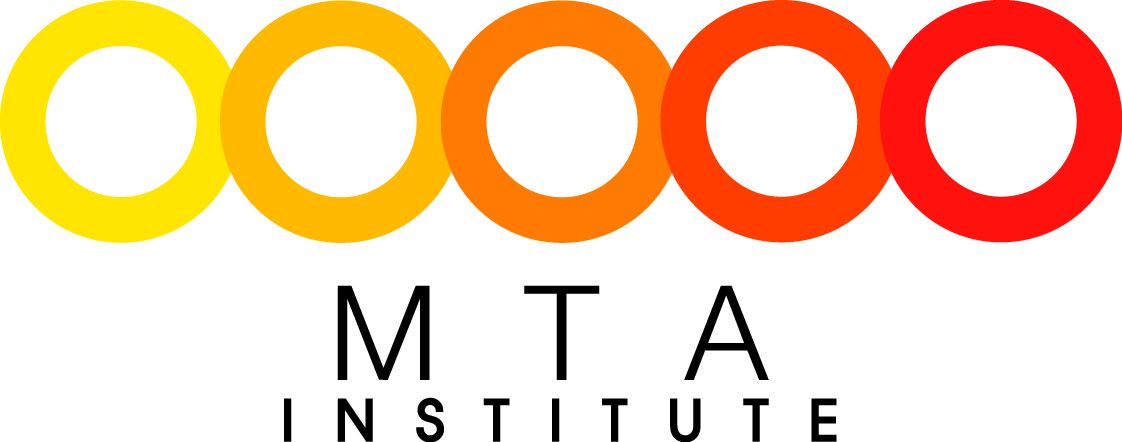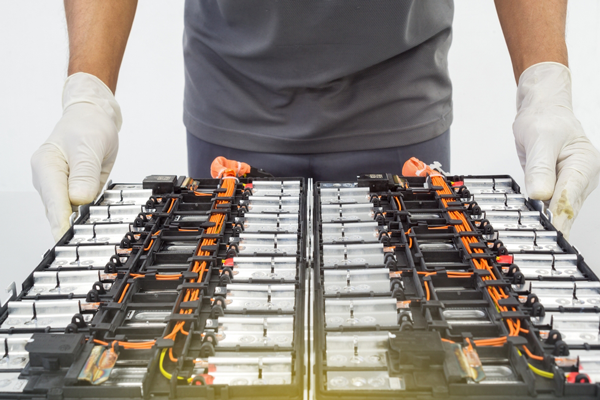In last month’s story, I covered off on what the minimum setup requirements would be for a workshop to be electric vehicle (EV) ready. As a natural follow-on to this topic, I’ll now cover off on the skilling pathways for staff who need to interact with Battery Electric (BEV) or Hybrid (HEV) vehicles in their day-to-day roles.
In preparing the future workforce, we can now confidently say industry has access to the training products they require as we see an increased uptake in BEV and HEV sales. These training products take the form of Micro Credentials, accredited Units of Competence and Skill Sets and even an entire apprenticeship.
MTA Queensland’s Electric Vehicle Safety micro-credentials are aimed at all staff and are at an introductory level. These are a critical pathway enabling industry to safely work on HEVs and BEVs. They are free to all Queensland automotive apprentices and there is a small nominal fee for everyone else. These are subsidised by the State Government.
A more in-depth training option is the accredited Depower and Reinitialise unit which can be delivered in your workplaces throughout Queensland or at MTA Institute. This course is designed to give automotive technicians the skills and knowledge to safely depower and reinitialise EVs, ensuring the vehicles’ high-voltage rechargeable energy storage system (RESS) is isolated before commencing any service or repair work. Incidentally, this unit is the mandatory requirement to access HEV and BEV workshop manuals on the AASRA platform.
Designed for qualified automotive technicians is the BEV and HEV Inspection and Servicing Skill Set delivered in Brisbane. Also partially subsidised by the state government, this course covers the fundamental requirements for inspecting and servicing BEV and HEV systems and components.
And finally, the full-blown qualification, AUR32721 Certificate III in Automotive Electric Vehicle Technology apprenticeship. This qualification reflects the role of individuals who service, diagnose and repair battery electric vehicles and components and will become the standard pathway for future automotive technicians.
Training for this apprenticeship is funded by the state government and could be eligible for the New Energy Apprentice Apprenticeships Program student incentive and employer wage subsidies scheme. We are also currently developing an upskilling pathway for existing automotive technicians to become dual qualified, so keep an eye out for that.
As always, don’t hesitate in reaching out for further information on these skilling pathways.
18 June 2024


